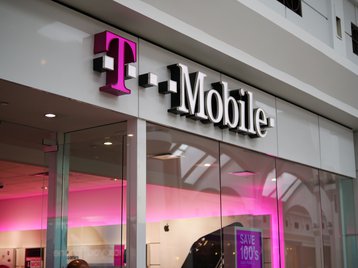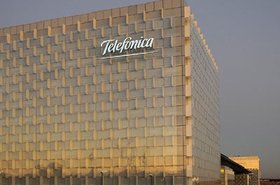Bloosurf has filed a lawsuit against T-Mobile and its subsidiary TDI Acquisition Sub, LLC.
It accuses the carrier of purposefully interfering with Bloosurf’s fixed wireless broadband operations on the Eastern Shore.
The fixed wireless broadband provider argues that this has led to significant customer and revenue losses, and is seeking $116 million in damages as part of the case in the United States District Court for Maryland.
Bloosurf provides broadband and VoIP services to underserved rural communities in the Maryland, Delaware, and Virginia.
It claims that T-Mobile has been distributing its 2.5GHz spectrum broadband on the Eastern Shore in a way that "purposefully interferes with Bloosurf’s existing 2.5GHz spectrum operations, e.g. by broadcasting at frequencies that Bloosurf has the sole right to operate in."
The company alleges that T-Mobile "deceived both Bloosurf and the FCC, who conducted tests in 2021 to determine the source of the interference, so that the source of the interference was not discovered until months later."
It adds that, rather than remedying the interference, "T-Mobile instead chose in 2021 to pursue the source of Bloosurf’s allotted spectrum: its lease with several Maryland Universities which hold Educational Broadband Spectrum (EBS)."
Bloosurf notes that its EBS lease was not set to expire until September 2031, meaning it can continue serving its rural customers for this period.
However, it claims that "T-Mobile intervened and sought to buy the underlying EBS licenses from the Universities, so it could terminate the relationship with Bloosurf and obtain the critical spectrum rights for itself."
It says that the issue arose following T-Mobile's acquisition of Sprint, which was completed in 2020.
Prior to the merger, Sprint held licenses to the frequencies bordering Bloosurf’s EBS spectrum in the Delmarva region. In its filing, Bloosurf said it signed an agreement with Sprint whereby the two companies would transmit their respective signals within the same “Subframe” to prevent interference between neighboring towers.
DCD has contacted T-Mobile for a response.







